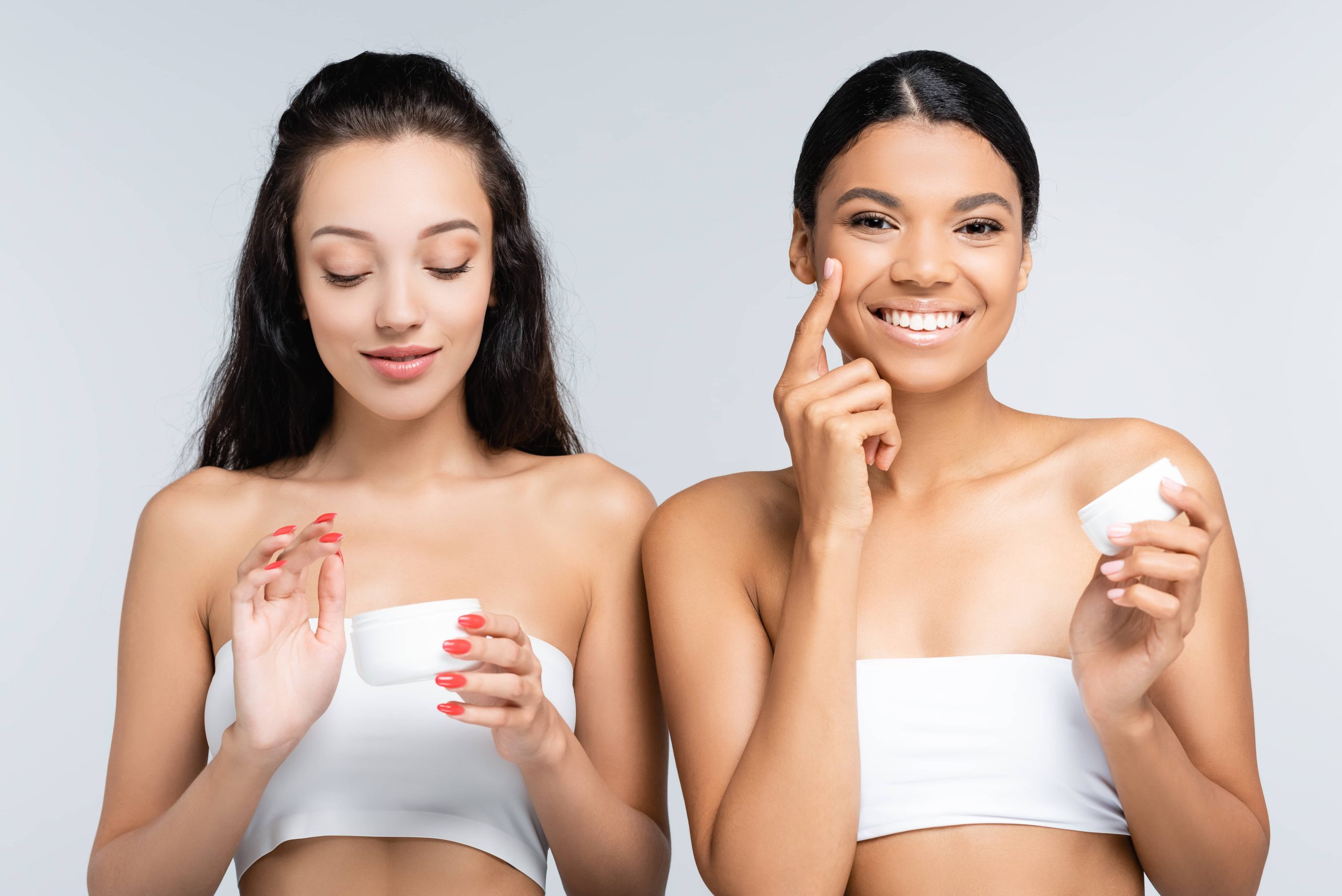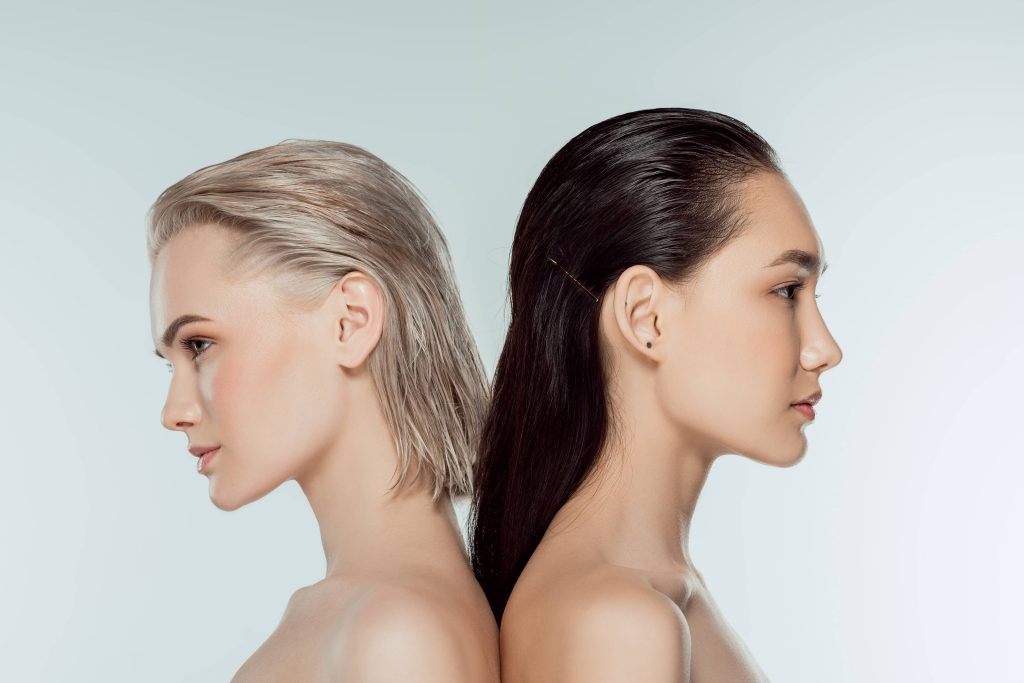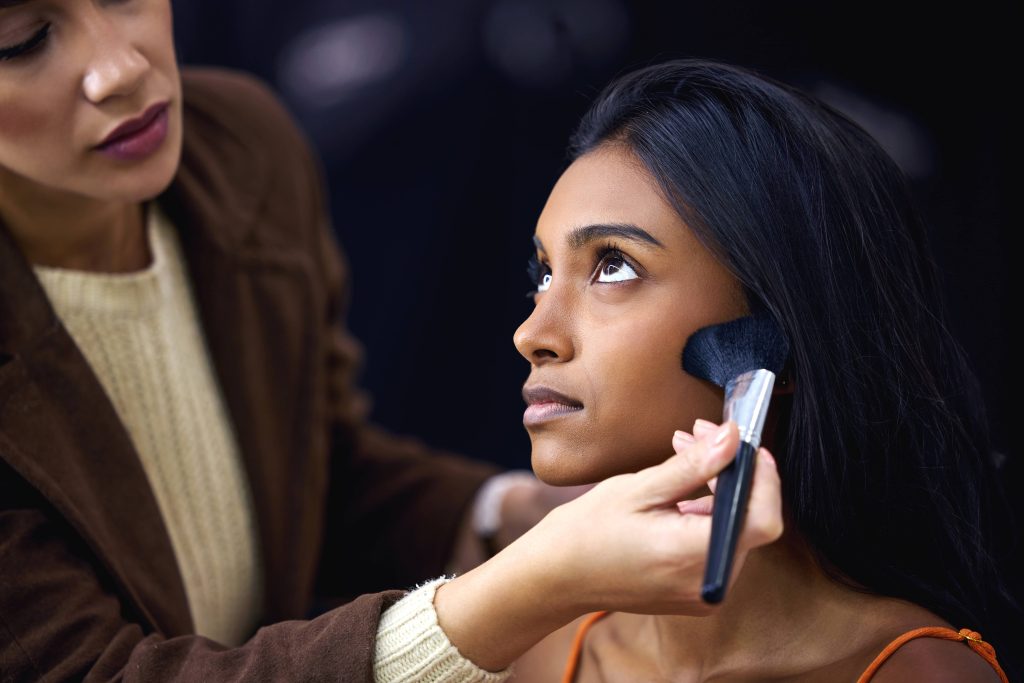
In the realm of skincare, few ingredients have garnered as much attention and admiration as retinol. Celebrated for its transformative effects, retinol promises a more radiant and youthful complexion. However, with great power comes the necessity for understanding, and to harness its full potential, one must delve into what retinol truly is, how it works, and how to integrate it into a skincare routine effectively.
What is Retinol?
Retinol is a derivative of vitamin A, a nutrient vital for maintaining healthy skin, vision, and immune function. It belongs to the family of retinoids, a group of compounds known for their remarkable ability to communicate with skin cells, enhancing their renewal processes. While retinol is available in many over-the-counter products, its more potent cousins like tretinoin or retinoic acid require a prescription.
How Does Retinol Work?
The power of retinol lies in its ability to promote cell turnover and stimulate collagen production. As we age, our skin’s natural ability to renew itself slows down, leading to the accumulation of dead skin cells, fine lines, and loss of elasticity. Retinol penetrates deep into the skin, accelerating the shedding of dead cells and encouraging the production of new, healthier ones. This process not only smoothens out fine lines and wrinkles but also improves skin texture and tone.
Moreover, retinol has been praised for its ability to unclog pores, which makes it a favorite among those prone to acne. By preventing dead cells from blocking pores and reducing sebum production, retinol helps diminish the frequency and severity of breakouts.
Benefits of Retinol
1. Anti-Aging:
Retinol’s most celebrated benefit is its anti-aging potential. By boosting collagen and elastin production, it diminishes the appearance of fine lines and wrinkles, resulting in firmer and more supple skin.
2. Acne Management:
Retinol’s pore-unclogging properties make it an effective treatment for acne. It not only prevents future breakouts but also reduces the occurrence of blackheads and whiteheads.
3. Uneven Skin Tone:
Retinol can aid in fading hyperpigmentation, sun spots, and other discolorations, leading to a more even and brighter skin tone.
4. Improved Skin Texture:
Its exfoliating properties help refine skin texture, making it smoother and more refined.
How to Incorporate Retinol into Your Skincare Routine
Despite its benefits, retinol requires careful integration into your skincare routine to avoid irritation and achieve optimal results:
1. Start Slow:
If you’re new to retinol, start with a low concentration (0.25% to 0.5%) and use it only once or twice a week. Gradually increase the frequency as your skin builds tolerance.
2. Timing is Key:
Apply retinol-based products at night. Retinol can increase skin sensitivity to sunlight, so nighttime application reduces the risk of sun damage.
3. Moisturize:
Retinol can be drying, so it’s essential to follow up with a good moisturizer. Consider layering your routine starting with cleansing, and applying retinol before sealing it in with a rich moisturizer.
4. Sun Protection:
During the day, ensure you apply sunscreen with at least SPF 30. This step protects your skin against UV rays and helps prevent further sun-related damage.
5. Avoid Mixing with Certain Ingredients:
Avoid using retinol alongside products containing acids (such as AHAs or BHAs) or benzoyl peroxide simultaneously as they can exacerbate irritation. If needed, use them at different times or on alternating nights.
Side Effects and Precautions
While retinol offers remarkable benefits, it’s also known for its potential side effects, particularly during the initial phase:
1. Irritation: Redness, peeling, and dryness are common initial reactions as the skin adjusts. This phase is often referred to as “retinization.”
2. Sensitivity: As retinol makes your skin more sensitive to the sun, it’s crucial to be diligent with sun protection.
3. Pregnancy and Nursing: Retinol is not recommended during pregnancy or nursing, as it can potentially harm the developing fetus or be transferred through breast milk.
4. Patch Testing: To minimize risks, perform a patch test before full application. Apply a small amount behind your ear or on your forearm and monitor for any adverse reactions over 24 hours.
Conclusion
Retinol stands as a cornerstone of effective skincare, promising a journey towards clearer, more youthful skin. While its introduction might seem daunting due to the potential for initial side effects, the results speak volumes, offering a revitalized complexion. Understanding its functions, benefits, and proper use is essential for unlocking its full potential.
As you embark on incorporating retinol into your routine, remember patience is key. The process might require time, but for those who persist, the outcome is often rewarding. Your path to luminous, youthful skin begins with informed choices—and with retinol, you’re well on your way. Just as with any skincare change, it’s advisable to consult with a dermatologist to tailor the treatment to your unique skin needs. Embrace the journey and enjoy the beautiful transformation retinol can inspire in your skincare experience.



